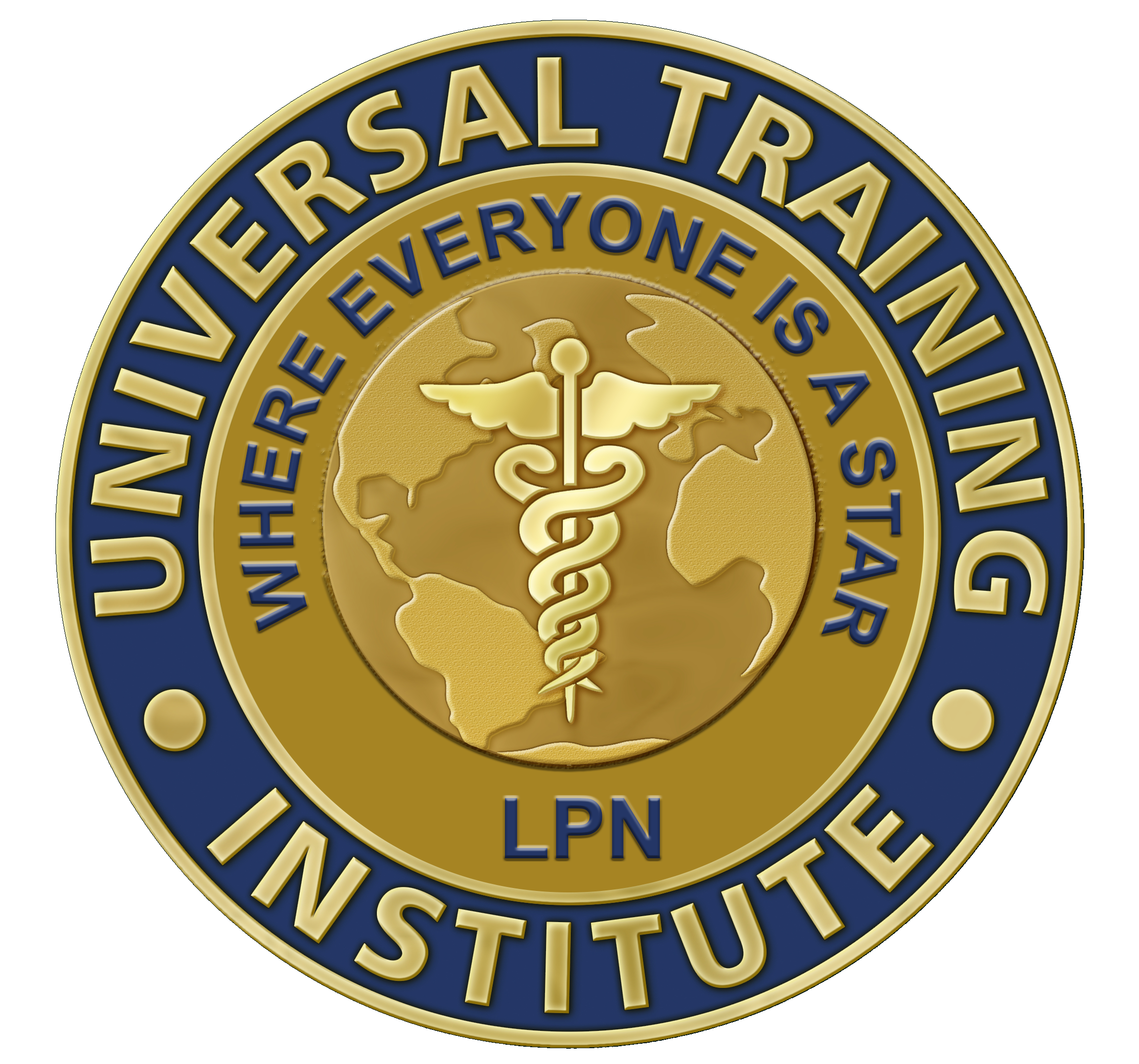UTI Philosophy of Nurse Education
The philosophy of the Practical Nurse education program flows from the mission of the institution to provide the opportunity for individuals to learn and use nursing knowledge and skills which allows them to become valued licensed members of the healthcare team. The curriculum is designed to integrate the art and science of nursing as practical nurses assist individuals to attain, maintain and retain wellness. Inherent in this belief are the following concepts
Humans are individuals who exist in society and are diverse, complex beings, each having physiological, psychological, socio-cultural and spiritual needs.
Environment is comprised of dynamic ever-changing surroundings in which humans exist. This environment consists of family, social and work groups as well as members of the global community. The environment includes those forces (internal and external) which may have a positive or negative influence on individuals and their state of health.
Health is a dynamic state of being viewed holistically and promoted through understanding, caring, adaptive coping, and appropriate system/illness management.
Nursing is an art and science requiring the treatment of human response to actual or potential health problems. Nursing involves a holistic, goal-oriented approach by responding to economic, social and other environmental influences. The practical nurse performs tasks and responsibilities within the framework of case finding, reinforcing patient/family teaching, implementation and evaluation of caring interventions as well as assisting in the collection of data used in formulating plans of care under the supervision of the registered nurse or licensed physician.
Teaching/Learning is a planned process of interaction that promotes behavioral change and facilities growth. A variety of teaching strategies are employed to maximize learning as contemporary technology is incorporated.
Organizing Framework:
Maslow’s Hierarchy of Basic Needs serves as the basis for the organizing framework as the faculty believes that health occurs on a continuum from wellness to illness with humans constantly striving to attain and maintain health. The curriculum design progresses from basic to complex and guides the learner to build on prior course, material, skills and experience. This framework provides the foundation upon which students will care for individuals of all ages, in a variety of settings, across the lifespan.

